What Happens To My Business When I File Bankruptcy?
Filing a business bankruptcy? What happens to your company will depend on the type of bankruptcy you file. If you intend to liquidate your business, filing a Chapter 7 bankruptcy allows you to do sell off your assets and cease doing business. But if you want to reorganize your business, Chapter 11 bankruptcy gives you the flexibility to repay debts and continue operating. Let’s take a look at what happens to your business when you file Chapter 7 and Chapter 11 bankruptcy.
Automatic Stay
Just as in a personal bankruptcy filing, when you file a Chapter 7 or Chapter 11 bankruptcy for your business, an automatic stay is put in place. An automatic stay stops almost all debt collection activity against your business so that your assets cannot be seized by creditors. This is important in the case of both liquidation and reorganization so that your assets can be saved when possible. However, there are some exceptions to the automatic stay and creditors can file a motion for relief from the automatic stay.
Creditor Priority Order
When you file a Chapter 7 or Chapter 11 bankruptcy for your business, all creditors are given an order of priority. For example, secured debts are of a higher priority than unsecured debts. That means that if you took out a loan to purchase a building or vehicle for your business, that secured lender would be a priority for repayment while a credit card lender would be of a lesser priority. It also means that if you paid a low-priority debtor off right before filing bankruptcy, the bankruptcy court may demand the return of that money so that it can be redistributed to the proper creditor according to whether or not they are a priority creditor.
Business Stoppage
If you are a sole-proprietor who wants to liquidate your business in Chapter 7 bankruptcy, you may be required to immediately stop doing business after your filing. This means that you can’t accept work or take orders. It also means that you can’t pay debts unless authorized by the bankruptcy court. This does not apply to businesses that are reorganizing in Chapter 11 bankruptcy.
Asset Liquidation
If you file a Chapter 7 bankruptcy some or all of your business assets may be auctioned off to repay creditors. This includes equipment and other assets that can bring in revenue. If the court determines that auctioning off certain assets will not bring in more money than it will cost to conduct the auction, they may forgo liquidating that particular asset. Businesses may also liquidate some or all of their assets in Chapter 11 bankruptcy as their reorganize so that they can repay creditors.
Repayment Plan
As with a personal Chapter 13 bankruptcy, a business filing Chapter 11 bankruptcy must present a repayment plan to creditors and the bankruptcy court. This plan must be feasible, show that creditors can be repaid using the assets, cash, and/or revenue of the business and show that the creditors would receive more under the Chapter 11 bankruptcy plan than they would if the business was in Chapter 7 bankruptcy. Creditors must approve of the repayment plan.
If you are weighing your business bankruptcy options, talk to an experienced bankruptcy attorney today.


